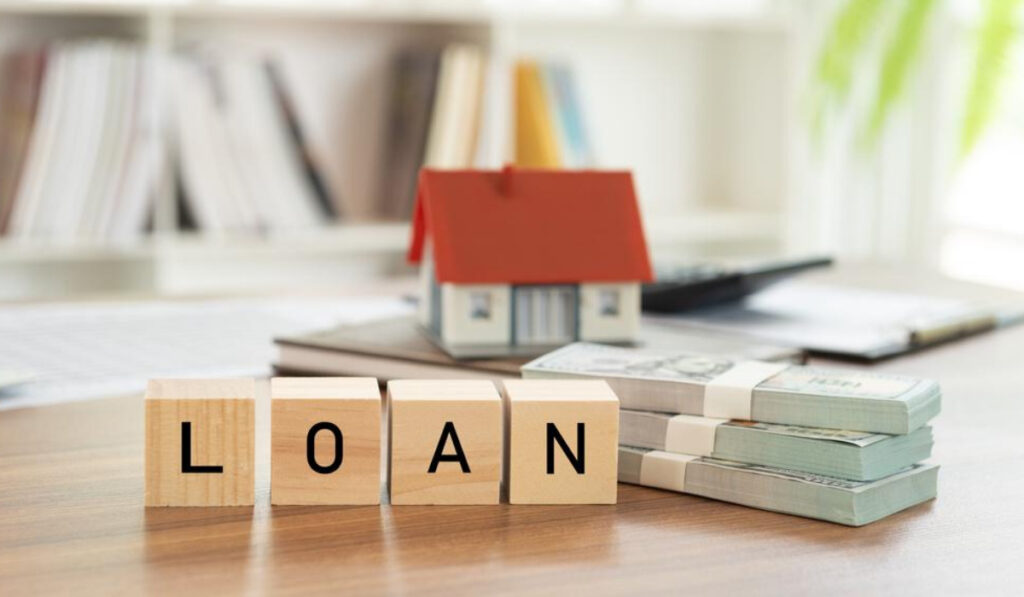Are you looking to purchase your first home, but not sure where to start when it comes to applying for a loan? From understanding the various types of loans available to knowing what documents to provide, applying for a loan can be a daunting process. Here are some common questions to ask when applying for a home loan that can help make the process easier. Keep reading, and don’t forget to compare home loan rates with iSelect to ensure you get the best deal.
Is pre-approval necessary when applying for a home loan?

source: pinterest.com
When applying for a loan, it is important to understand the importance of pre-approval. Pre-approval is an evaluation process that enables potential borrowers to determine their eligibility for a mortgage and obtain an estimate of how much they could borrow. This can be beneficial in several ways as it provides borrowers with some peace of mind when shopping around for a home; knowing that they have already been approved gives them confidence in their ability to purchase the property they desire without having to worry about being able to cover all the associated costs. Additionally, lenders may give preference to those who have already been pre-approved since this means that these individuals are likely more financially stable and responsible than those who haven’t taken this step yet. As such, obtaining pre-approval before you begin house hunting can help ensure that your application will be accepted quickly and conveniently, making it easier for you to get into your dream home sooner rather than later!
What types of home loans are available?

source: pinterest.com
When applying for a loan, it is important to understand what types of mortgage options are available. There are many different kinds of loans that range from conventional fixed-rate mortgages and adjustable-rate mortgages (ARMs) to more specialized products such as government-insured FHA or VA loans. Conventional mortgages typically require a 20% down payment, but some lenders will accept as little as 3%. ARMs offer lower interest rates than traditional fixed-rate mortgages during the first few years of the loan term but can adjust higher over time depending on market conditions. Government-insured loans typically require minimal down payments and have competitive interest rates; however, they may come with additional fees or restrictions. Additionally, there are other specialty loan programs tailored to meet specific needs, such as for rural borrowers and jumbo mortgages for high-balance purchases.
What is the interest rate on a home loan?

source: pinterest.com
The interest rate on a loan is one of the most important terms to consider when applying for a mortgage. It is essentially the cost that you will pay for borrowing money from your lender and it can vary greatly depending on the type of loan you are obtaining, as well as other factors such as your credit score and current market conditions. Generally, interest rates tend to be lower if you have good credit and choose a fixed-rate mortgage with an extended term. Likewise, adjustable-rate mortgages typically have higher interest rates associated with them due to their ability to change over time as market conditions fluctuate. Additionally, government-backed loans like FHA or VA loans often come with lower rates than conventional mortgages because they are insured by the government in case of default.
How can I qualify for a home loan?

source: pinterest.com
Qualifying for a loan can be a complicated and time-consuming process, but it is well worth the effort in order to have the security of owning your own house. Generally speaking, mortgage lenders will look at several different criteria when determining whether or not you are eligible for a loan. The most important aspect they consider is your credit score; this usually determines if you qualify and what interest rate you’ll receive. Other factors that come into play include your income level and debt-to-income ratio (DTI), employment history, down payment amount, assets, and debts/liabilities.
Overall, having a comprehensive understanding of the home loan application process is essential to ensuring a successful outcome. Asking the right questions when applying for a home loan is crucial in helping you understand the details of the loan and make the right decisions for your financial future and get more ideas at The Architecture Designs.



